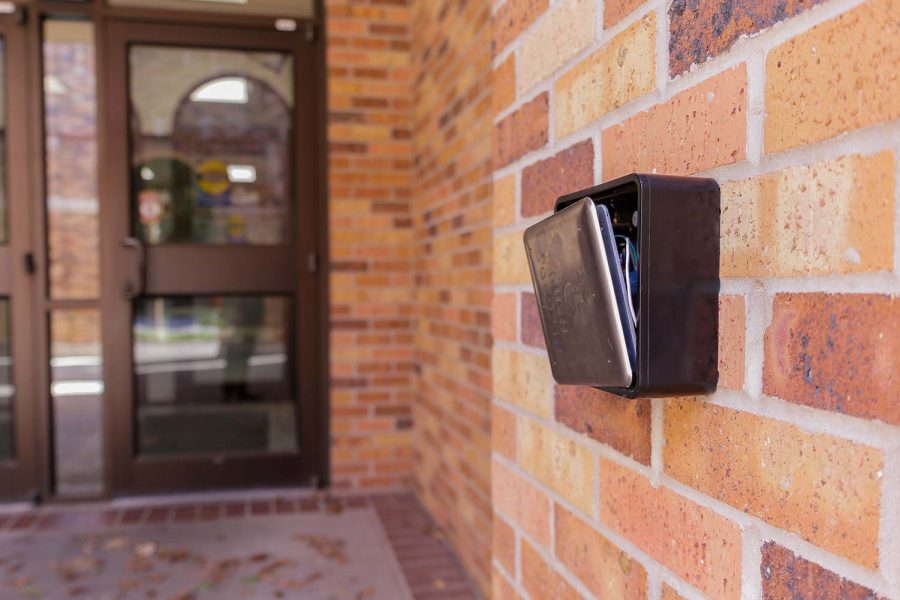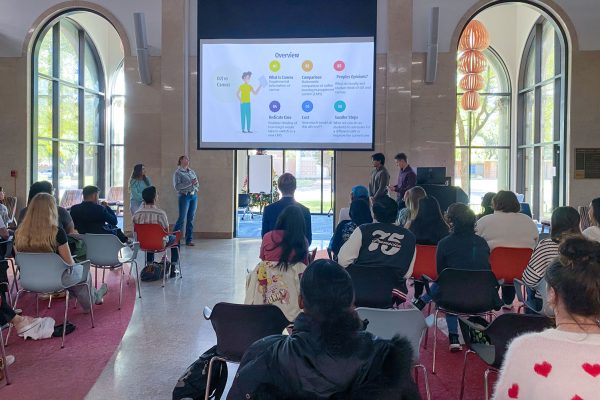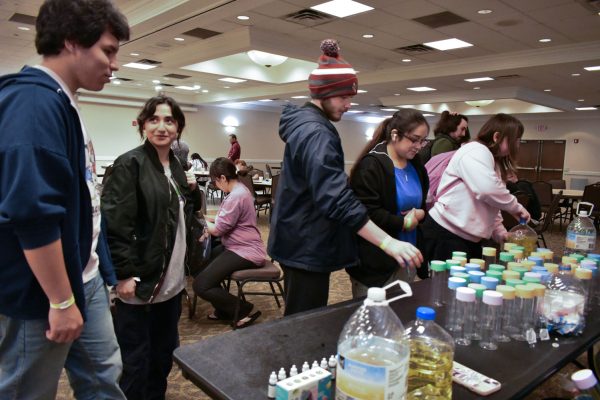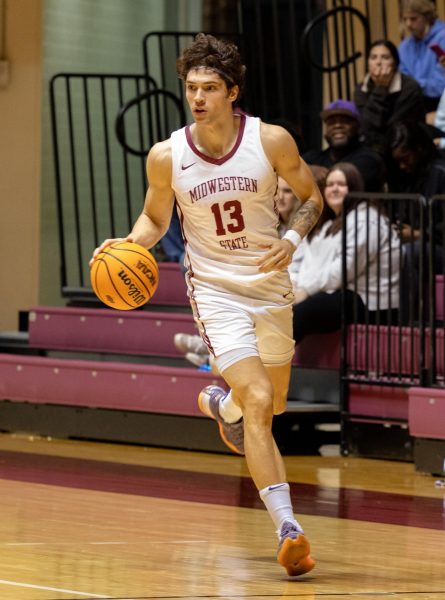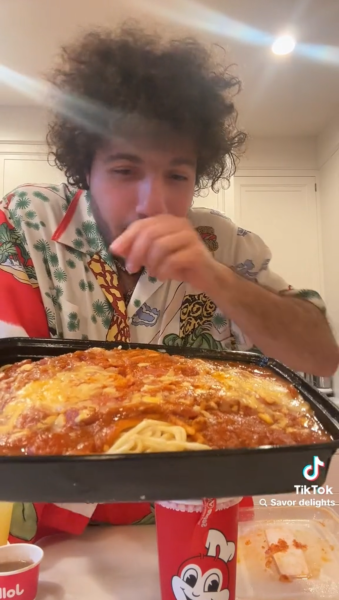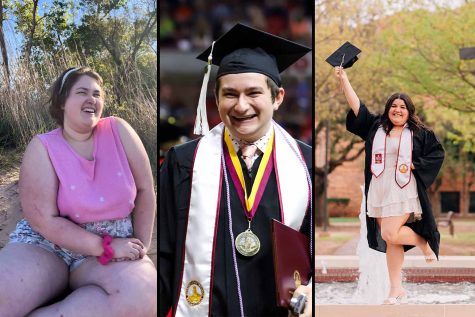Opinion: Is MSU Texas Accessible For All?
A door-opening button intended for persons with a disability lies damaged at the east CSC entrance, Nov. 16.
*Columns are the opinions of their respective authors and do not necessarily reflect the views of The Wichitan as an organization.*
As an able-bodied student, I do not come across many problems on MSU’s campus. However, a recent discussion in one of my classes about the barriers that students with disabilities face here has led me to question just how inclusive our campus truly is.
I suppose that first I will discuss the physical aspects of campus since that is what most people first think of when considering disability barriers. While I have to give credit to the widened sidewalks and automatic doors, there are other areas that are lacking.
In most of the buildings, I regularly go to on campus, I have noticed that there is only one elevator. While they are centrally located, there are often several obstacles (such as non-automatic doors or narrow halls) that lie between them and the doors into the building. One professor of mine even spoke about the difficulties of getting to their office for students with physical disabilities because of how narrow the hallways are, the objects on the walls and on the floor that make it even narrower and the distance to her door from any stairwell or elevator.
Then there are potential issues within the classrooms themselves. Some classrooms in Dillard and Bolin only have tiered seating, which can pose a problem for students that are unable to use stairs. Even when handicapped or inclusive desks are included in classrooms, there is usually only one provided. This only desk, upon what I have observed in classrooms, is often in a corner or on the side of the room, which could provide problems for students that require sitting in a certain area due to difficulties with sight or hearing.
There are also students that have disabilities that are not able to be seen. I would argue that they have just as many barriers on campus because of this fact. There are fewer physical ways to implement inclusive strategies, which can often make it a difficult area to act in.
For example, ensuring that faculty and staff, particularly professors, have inclusive teachings and modes of contact is vital. While there are certain technical or structural services, such as syllabi being set up for reading tools to properly scan the paper for those who are visually impaired, the content of the class being inclusive is just as important. Some courses include sensitive and potentially triggering content that is not always properly disclosed before the class and others have requirements that are more difficult for students with disabilities to complete that can’t always be accommodated. Professors having inclusive coursework is another area that is not as often thought of.
Along with this, many students with “invisible” disabilities often reach out to the Counseling Center. During the discussion that sparked my questioning of this topic, multiple students admitted that locating the center is difficult, and most students, including myself, had no idea where it was. It is also extremely important for this to be a place for complete inclusivity for students to feel comfortable. Within this, the staff should be diverse enough for any student experiencing any difficulty to feel secure speaking to any person there. While I am not personally familiar with the staff, students that do attend the center have told me that while they are warm and welcoming, there is little diversity.
This is not to say that MSU has completely turned a blind eye to this issue. A Diversity, Equity, and Inclusion Task Force comprised of both students and faculty members regularly meets to discuss issues such as these in our campus community. Along with this group, the Disability Services office plays a large role in ensuring these problems are dealt with and create a personal connection with students that opt-in for the aid they offer. They can not tackle every single issue at once, and they attempt to make it as inclusive of a culture as possible.
Once again, I am an able-bodied student that has not been diagnosed with any disabilities, so I do not face these issues or barriers on a daily basis. Because of this, I could be misjudging these issues and situations or leaving out an entire array of problems as well. This topic seems like an area that is under-discussed but pressing to a multitude of students and needs to be included in discussions as the university moves forward.
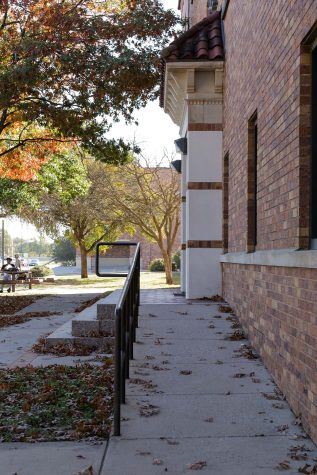
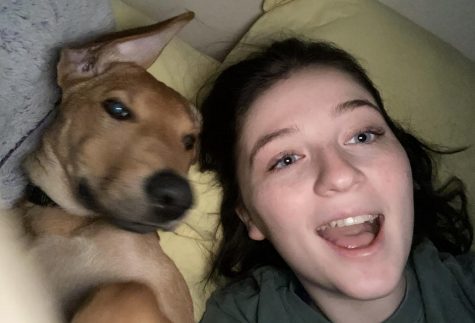
Hello hello! I’m Emily Beaman and come this fall, I’ll be the news editor and social media manager for The Wichitan! A couple of fun facts about me:...
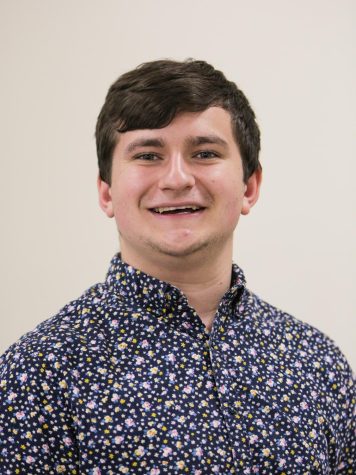
Howdy hey! I'm back for my final year here at MSU, and I intend to leave the Wichitan better than I found it.
Going into my fourth year, I will be working...



